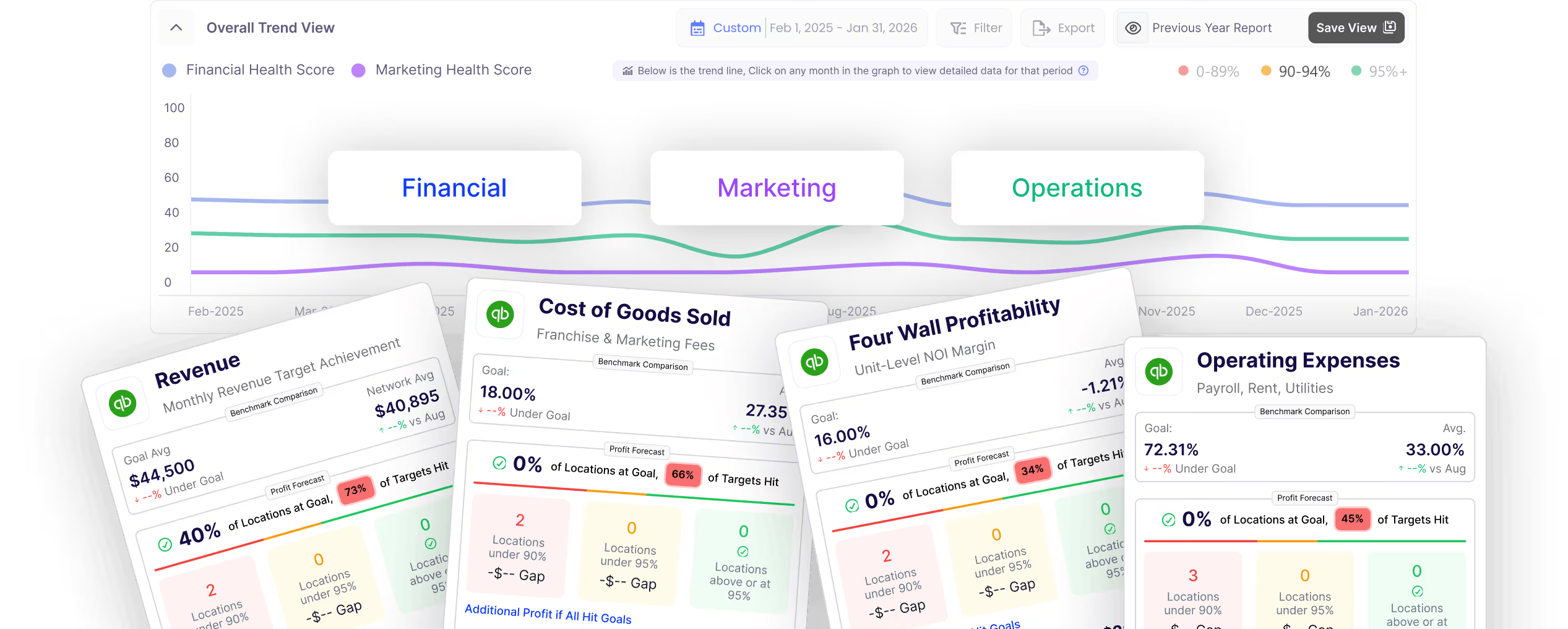
Back To All Blogs
Future Trends In Healthcare Workflow Automation In 2023
.avif)
Explore the future of healthcare workflow automation in 2023, with smarter technology, AI assistance, digital tools, and a stronger focus on patients. The integration of IoT and wearables, along with real-time analytics, is set to revolutionize the healthcare industry.
In our rapidly changing world, healthcare workflow automation is becoming a big deal. In 2023, smart innovations and its ability to change and adapt will make it even more powerful. Imagine having clever computer programs, AI systems, and digital tools that make healthcare places more focused on patients and their needs. This article will explore what we can expect in the world of healthcare workflow automation in the near future.
Future of Healthcare Automation

1. Smarter Technology: In the coming years, we can look forward to even smarter technology. This means computer programs and machines that can think and make decisions like humans. They'll help healthcare places work better and faster.
2. AI Assistance: AI, or Artificial Intelligence, is going to play a huge role. It's like having super-smart computers that can learn and understand things on their own. In healthcare process automation, AI can help doctors and nurses by giving them advice and helping with tasks.
3. Digital Help: Healthcare professionals perform many tasks manually, such as writing information on paper. But in the future, we'll see more digital tools which means less paperwork and more efficient ways of doing things.
4. Focusing on Patients: One of the most exciting changes is that healthcare places will focus even more on patients. With automation, doctors and nurses can spend more time with patients, making sure they get the best care.
5. Quick Innovations: Things will change fast. New ideas and ways of doing things will come up quickly. This means healthcare will keep improving, and patients will benefit from these changes.
The Rise of Artificial Intelligence and Machine Learning
A major trend in healthcare workflow automation is the increasing use of Artificial Intelligence (AI) and Machine Learning (ML).
AI and ML effectively enthuse proactivity into the medical workflow, enhancing patient care quality and fortifying administrative efficiency.
AI and ML are changing healthcare by predicting trends, diagnosing diseases early, allocating patients brilliantly, and improving lives.
Artificial Intelligence Redefining Patient Care
Intelligent automation in healthcare, largely driven by sophisticated AI technology, is disrupting conventional care models. AI-powered algorithms excel in diagnosing illnesses, predicting potential health risks, and personalizing treatment plans to enhance the overall patient experience.
Healthcare Workflow Automation is Changing Lives
In the ever-evolving landscape of healthcare, the integration of automation is making a significant impact, improving efficiency and saving lives. The healthcare industry often deals with complex processes, crucial data management, and tight schedules.
Automation in healthcare, using technologies like RPA and intelligent automation, is changing how providers deliver services.
Healthcare Automation Solutions

Healthcare automation does many jobs in healthcare, from office work to patient care. This makes the whole healthcare system more flexible and quick to respond. When healthcare uses automation, it makes things simpler, reduces mistakes, and makes patients better.
Healthcare automation is like having a helper who can do many different tasks. It helps with things like paperwork and looking after patients. When healthcare uses this kind of help, it makes everything work better.
Saving Lives with Workflow Automation
The implementation of robotic process automation in healthcare has proven to be a vital tool in patient care. Automation accurately maintains medical records, reducing the risk of medical errors.
For instance, automated healthcare solutions help in timely medication management, ensuring patients receive the right medicines in the correct doses. This not only enhances treatment efficacy but also prevents potentially life-threatening medication errors.
Why Healthcare Needs Workflow Automation
The healthcare sector is experiencing growing demands and challenges. Workflow automation addresses these issues by optimizing resource allocation, reducing wait times, and enhancing communication among healthcare professionals.

During emergencies, automation is really important. It helps with important tasks, ensuring patients receive quick help, which can be the difference between life and death. Automation is like a superhero in these situations, making sure everything happens as fast as possible to save lives.
This technological shift in automation in healthcare industry is not just about saving time and reducing errors. It's about enhancing patient outcomes and overall healthcare quality. As the industry continues to embrace automation, we can expect a brighter future with better healthcare services for all.
Intelligent Automation in Healthcare

Intelligent automation takes healthcare workflow automation to the next level by using artificial intelligence and machine learning. This enables predictive analytics for disease management and proactive patient care. Healthcare marketing automation also becomes more precise, targeting patients with personalized health information and reminders for check-ups and vaccinations.
Automating healthcare processes improves efficiency, prevents errors, and ensures prompt care, ultimately saving lives and enhancing overall operations.
As healthcare keeps changing and getting better, using automation in the process is like a key to making it all work well.
Real-Time Analytics
Another important trend to look out for is something called "real-time analytics." Healthcare automation, using smart computer programs and learning algorithms, can analyze large amounts of current data efficiently.
It can find hidden patterns, speed up decision-making, and predict future events in rapidly changing medical situations. This makes healthcare better prepared to handle unexpected challenges and changes in the medical world.
Robotic Process Automation The Game-changer
More and more, healthcare is using something called Robotic Process Automation (RPA), and it's changing the way things work. RPA does the boring, repetitive office jobs, so doctors and nurses can spend more time taking care of patients.
It assists with scheduling appointments, verifying insurance, and preventing errors, resulting in faster and improved healthcare for all.
Cloud-Based Platforms
Cloud-based platforms are like a shining light in healthcare automation. They are flexible and can grow as needed. These platforms let healthcare places easily share information, so different healthcare providers can work together better. This means they can focus on making patients' experiences better and making healthcare work more smoothly.
Internet of Things (IoT) and Wearables
By the year 2023, we'll see more and more healthcare using smart devices and things like wearables. These smart gadgets can watch over patients and even predict health issues.
They also help patients and doctors stay connected, no matter where they are. Healthcare is now more personal and accessible across borders, making it easier for everyone to receive necessary care. It's an exciting time for healthcare!
Smart Scheduling
Smart scheduling algorithm promises enormous improvements in healthcare workflow. Improving patient experience and reducing delays is achieved by meeting patient needs and using resources effectively. This is a step towards adopting a patient-focused approach.
In essence, the use of these trends leads to increased efficiency, cost savings, improved patient care and overall satisfaction. Drive your healthcare facility's efficiency and proactivity by embracing these advancements in healthcare workflow automation. As Inspiring as these advancements are, true transformation demands action.
Try Autymate's Smart Workflow Automation Solutions
Let the future reach you today with Autymate's smart workflow automation solutions. Empower your healthcare facility with the tools it needs to succeed in a fast-paced, dynamic world. Signup for a Free Trial and set the pivot for a future steeped in innovation.

Ready to Find Your
Profit Leaks?











